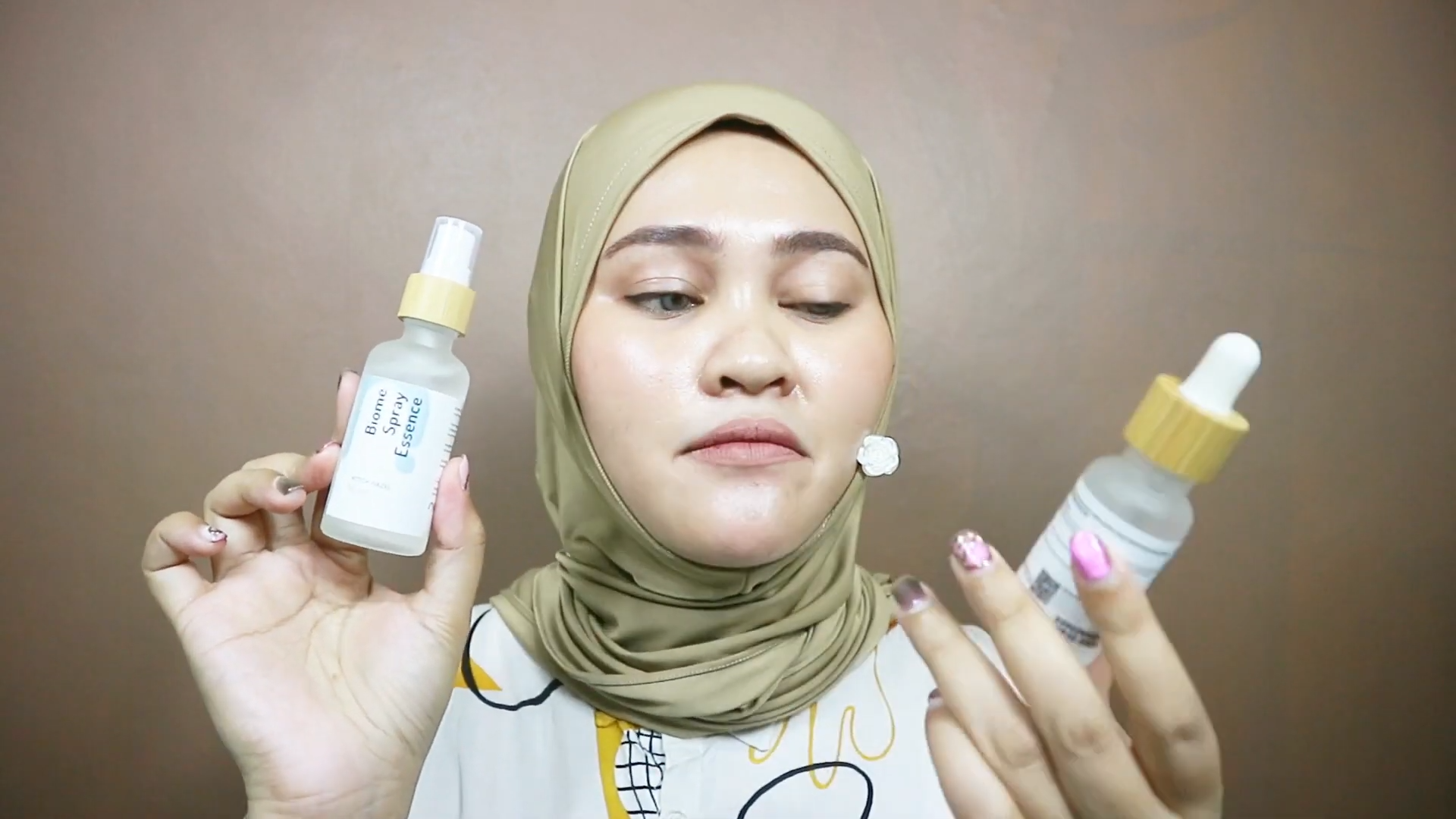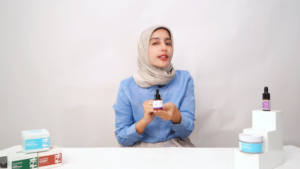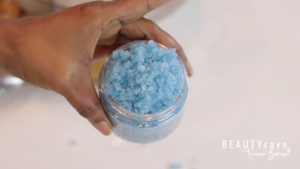In recent years, microbiome skincare has become a pivotal topic in the beauty industry, emphasizing the importance of maintaining a balanced ecosystem of microorganisms on the skin. The skin microbiome, consisting of bacteria, fungi, and other microbes, plays a crucial role in protecting the skin barrier, regulating inflammation, and supporting overall skin health. Properly caring for this delicate balance can prevent various skin issues and enhance the skin’s natural defenses against external aggressors.
Understanding how to maintain this balance involves more than just choosing the right products; it requires a holistic approach to skincare that considers the impact of diet, environment, and lifestyle. By adopting microbiome-friendly practices, individuals can support the skin’s natural flora, promote healthy aging, and address common concerns such as acne and sensitivity. This article explores the essentials of microbiome skincare, offering insights into how to preserve this crucial skin balance.
What is Microbiome Skincare and Why is it Important
Microbiome skincare focuses on nurturing the skin’s natural microorganisms to maintain its health and resilience. The skin microbiome comprises a complex community of beneficial microbes that protect against harmful pathogens and contribute to skin barrier function. Disruptions to this balance can lead to various skin issues, such as dryness, acne, and irritation. Therefore, understanding how to support these microorganisms is vital for maintaining healthy, balanced skin.
Maintaining a balanced microbiome involves using skincare products that support rather than disrupt these beneficial microbes. Harsh chemicals and overuse of antibacterial agents can damage the skin’s natural flora, leading to imbalances and skin problems. By opting for gentle, microbiome-friendly products, individuals can help preserve their skin’s microbial balance and promote a healthier, more resilient complexion.
1. How Disruptions Affect Skin Health
Disruptions to the skin microbiome can lead to a range of issues, including inflammation, dryness, and sensitivity. When the balance of beneficial microbes is disturbed, harmful bacteria and fungi may overgrow, leading to conditions like eczema, acne, and rosacea. These disruptions can result from factors such as excessive use of antibiotics, harsh skincare products, or environmental pollutants.
Restoring the balance involves identifying and addressing the root causes of disruption. This may include adjusting skincare routines, avoiding irritating substances, and incorporating probiotics or prebiotics into the regimen. By understanding and mitigating these disruptions, individuals can better maintain their skin’s health and prevent various dermatological issues.
2. Solutions for Rebalancing the Skin Microbiome
To restore and maintain a healthy skin microbiome, it is essential to adopt a skincare routine that supports microbial balance. Using gentle, pH-balanced products helps preserve the skin’s natural flora. Incorporating probiotics or prebiotics into skincare can also promote the growth of beneficial microorganisms, enhancing the skin’s defenses.
Additionally, lifestyle changes such as a balanced diet, adequate hydration, and minimizing stress contribute to overall skin health. Avoiding overuse of antibiotics and opting for products with natural, microbiome-friendly ingredients can further support the skin’s microbial balance. These strategies collectively help in reestablishing and maintaining a healthy skin microbiome.
1. Implementing Probiotics and Prebiotics
Probiotics and prebiotics play a significant role in rebalancing the skin microbiome. Probiotics, found in products like fermented skincare items, introduce beneficial microorganisms that can help restore balance. Prebiotics, on the other hand, nourish existing beneficial microbes, promoting their growth and activity.
Incorporating these elements into your skincare routine can support the skin’s natural defenses and improve overall skin health. By choosing products with these ingredients, individuals can foster a more resilient skin microbiome and address issues related to imbalance more effectively.
2. Avoiding Common Disruptors
Certain habits and products can disrupt the skin microbiome, including the excessive use of harsh cleansers and antibacterial agents. These can strip the skin of its natural oils and beneficial microorganisms, leading to imbalances and skin problems. Additionally, environmental factors such as pollution and extreme weather conditions can exacerbate these disruptions.
To prevent such issues, it is crucial to select gentle, non-irritating products and adopt a skincare routine that minimizes exposure to harsh chemicals. Protecting the skin from environmental stressors and using products designed to support microbial balance can help maintain a healthy skin microbiome.
Embracing Microbiome-Friendly Skincare Practices
Maintaining a balanced skin microbiome is essential for achieving and preserving healthy, resilient skin. By understanding the role of microorganisms in skin health and adopting microbiome-friendly skincare practices, individuals can prevent imbalances and address common skin concerns more effectively. Incorporating gentle products, probiotics, and prebiotics into your routine can significantly impact overall skin health and well-being.
Ultimately, prioritizing the health of your skin’s microbiome leads to a more balanced, vibrant complexion. Embracing these practices not only enhances skin appearance but also supports its natural functions, contributing to long-term dermatological health. Through mindful skincare choices, individuals can achieve and maintain optimal skin health.








